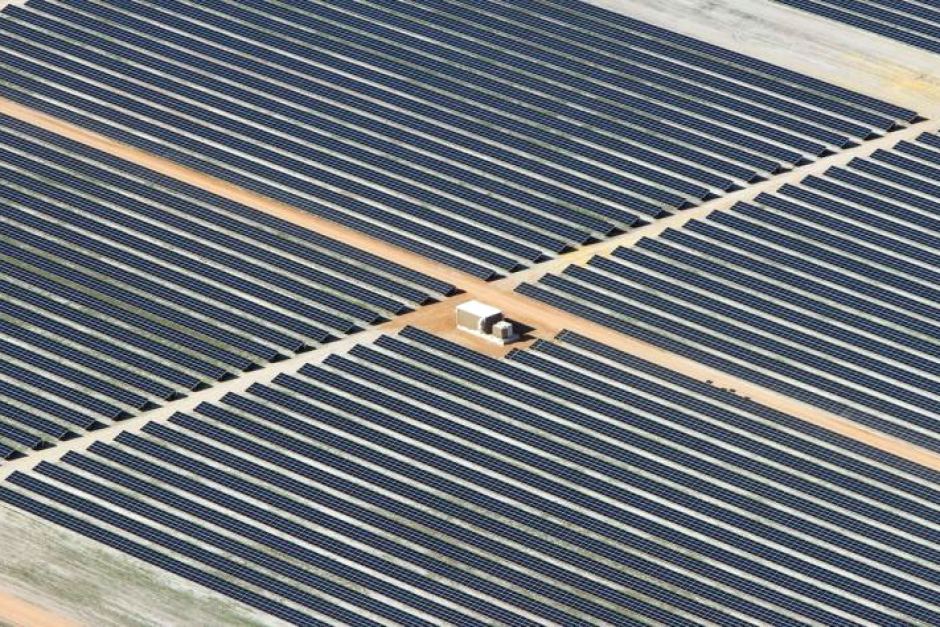The Australian solar sector could risk repeating the mistakes of the rapid German solar buildout earlier this decade. Project quality could be undermined by the incorrect handling and installation of modules and botched electrical wiring, if inexperienced construction teams rush to meet deadlines.
A gigawatt pipeline of PV power plant projects could be developed in Australia in 2018, with some rushing to complete installation and grid connection and reap the benefits of high large-scale generation certificates (LGCs) prices.
“You have to be extremely careful with the installation troops because you need a lot of manual labour [to install a PV power plant],” Podlowski told pv magazine Australia. “They need to know how to handle, install correctly, and that refers to the mechanical mounting and handling of the panels.”
Faults such as crystalline silicon cell microcracks, or even cracks, caused by modules being handled by a single installer, resting on hard hats, or even by installation teams stacking, dropping or walking on modules are not uncommon when inexperienced installation teams are used on site.
Module backsheets can also be scraped, ripped or torn, and junction boxes knocked loose, all of which can lead to failures in the field.
“What we also see if even you have electricians that do the wiring, they may not be used to using high voltage and DC current,” he continued. “Sometimes you can see strange things happening in the string combiner boxes.”
Popular content
PI Berlin is often called into to expect underperforming PV power plants, and uses infrared cameras as a diagnostic tool to identify hotspots, often cause by cracked cells, along with faulty wiring.
“We do field inspections for infrared images from combiner boxes and inverters – and it shows up if there have been faulty connections,” Podlowski said.
Last month, PI Berlin announced the acquisition of U.S.-based SolarBuyer, a quality assurance advisory that specialises in module manufacturer factory audits in China. SolarBuyer is currently working with EPCs on a number of projects being developed in Australia.
Podlowski continued that in Europe it is common today to have experienced solar park installation crews, often from Eastern Europe, who can fly in an install a project for low cost, while ensuring that modules are not damaged.
“Australia, because of the remote location and labour laws, this simply won’t fly,” he noted. “Now it’s starting to emerge and become clear that there is not so much experience on the ground.”
This content is protected by copyright and may not be reused. If you want to cooperate with us and would like to reuse some of our content, please contact: editors@pv-magazine.com.



By submitting this form you agree to pv magazine using your data for the purposes of publishing your comment.
Your personal data will only be disclosed or otherwise transmitted to third parties for the purposes of spam filtering or if this is necessary for technical maintenance of the website. Any other transfer to third parties will not take place unless this is justified on the basis of applicable data protection regulations or if pv magazine is legally obliged to do so.
You may revoke this consent at any time with effect for the future, in which case your personal data will be deleted immediately. Otherwise, your data will be deleted if pv magazine has processed your request or the purpose of data storage is fulfilled.
Further information on data privacy can be found in our Data Protection Policy.